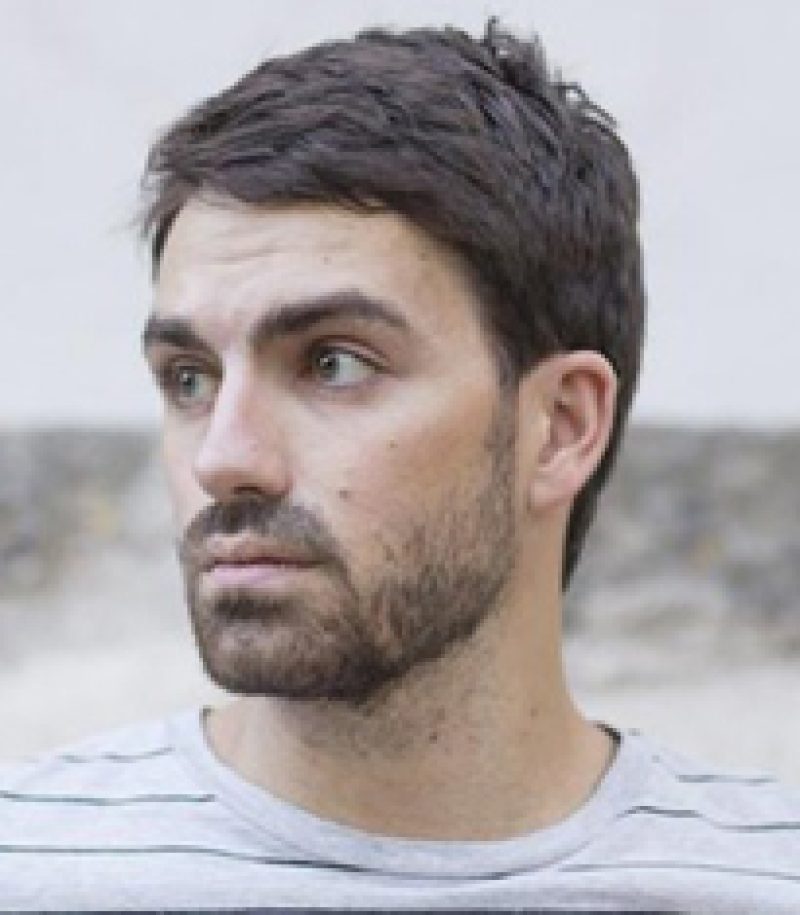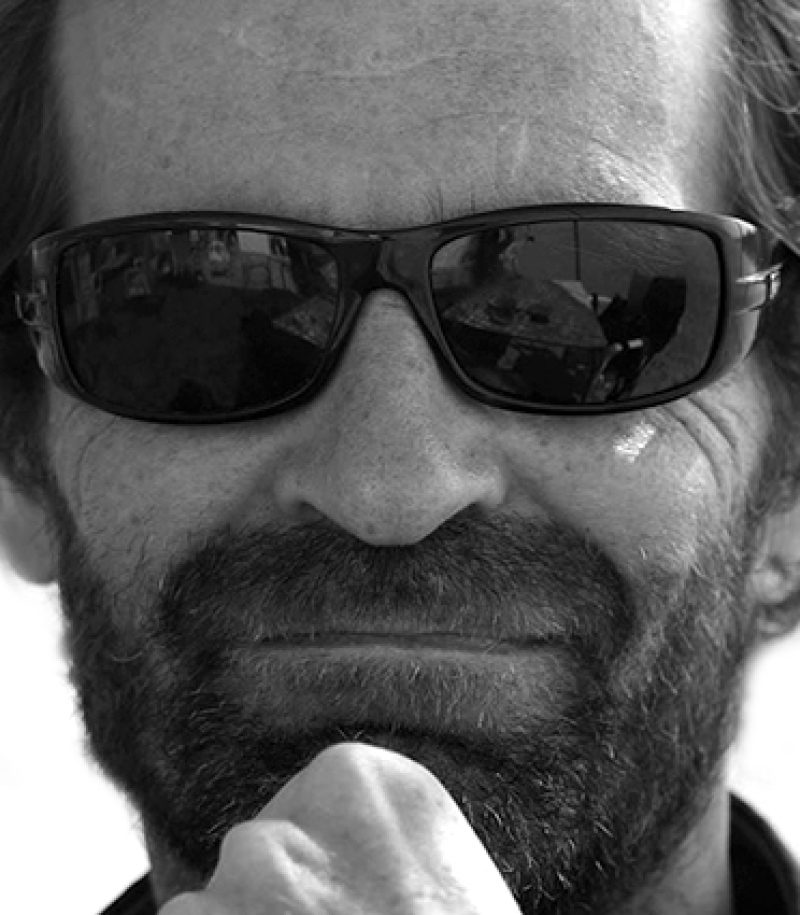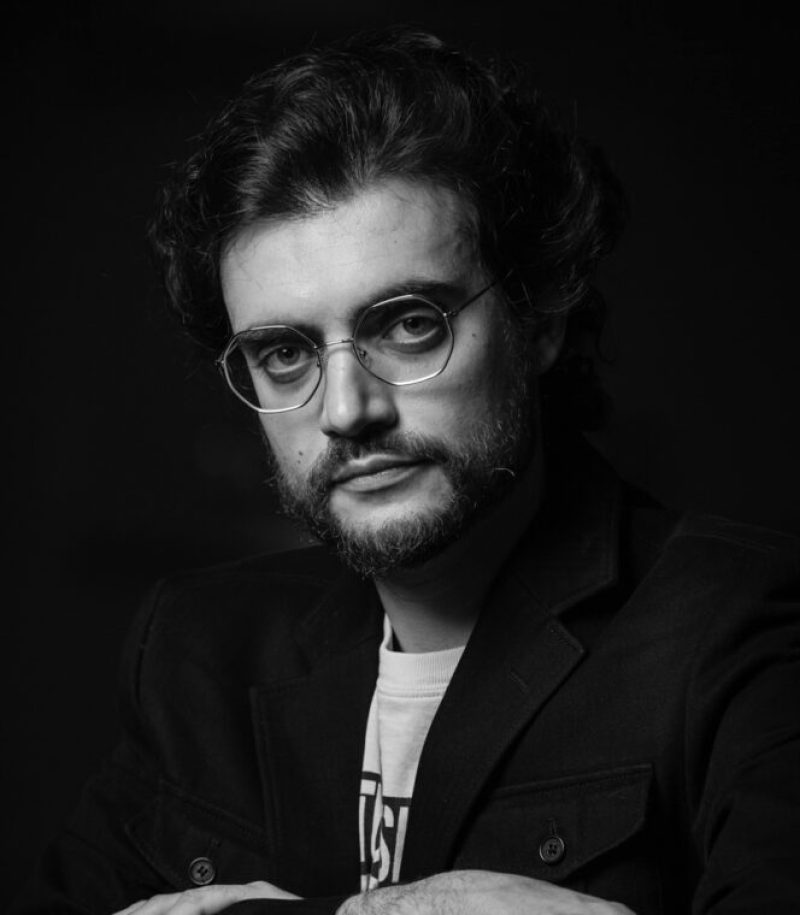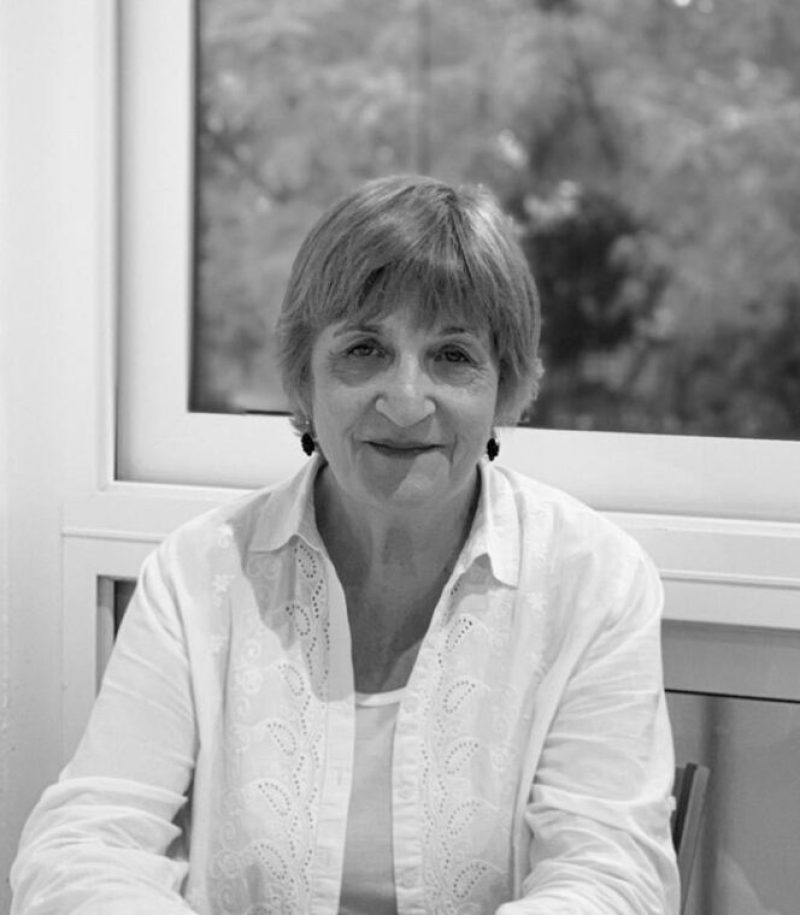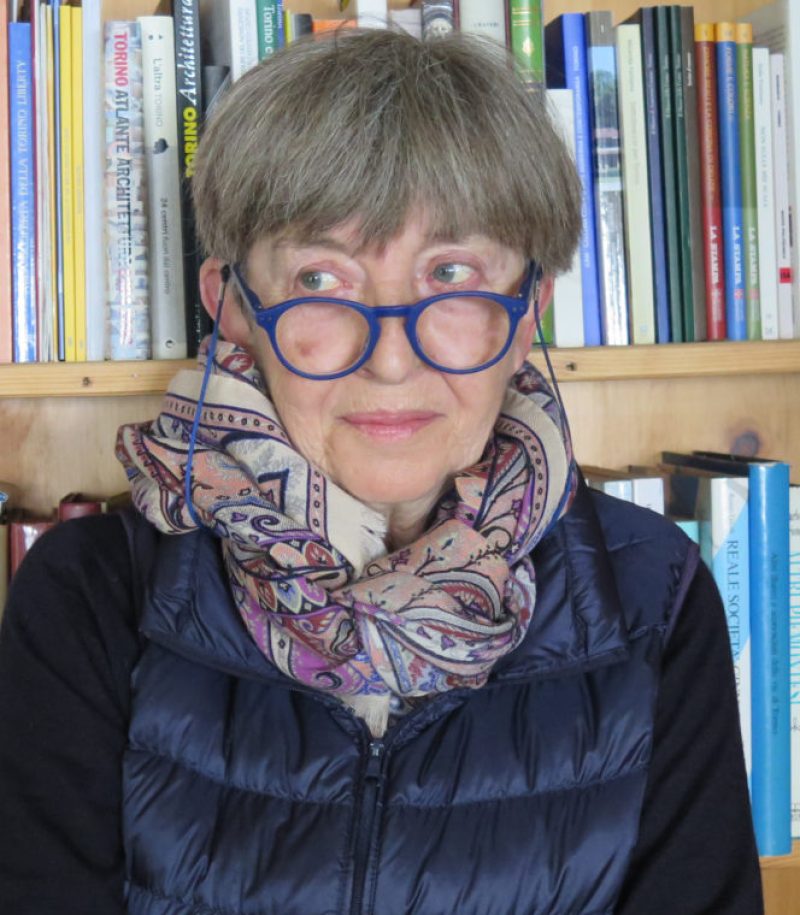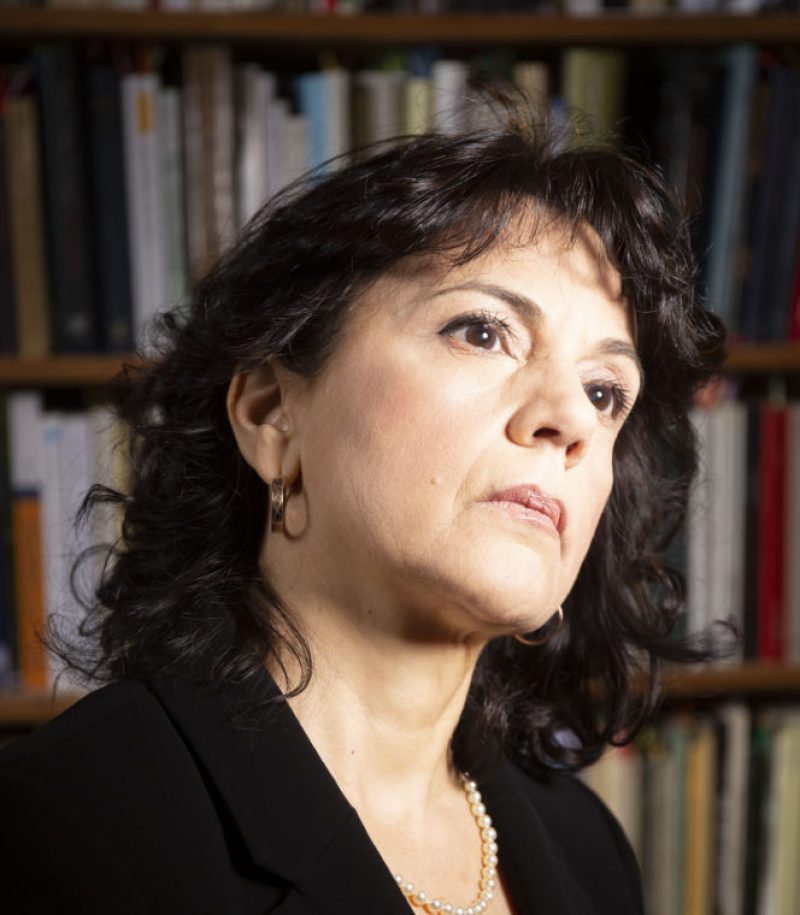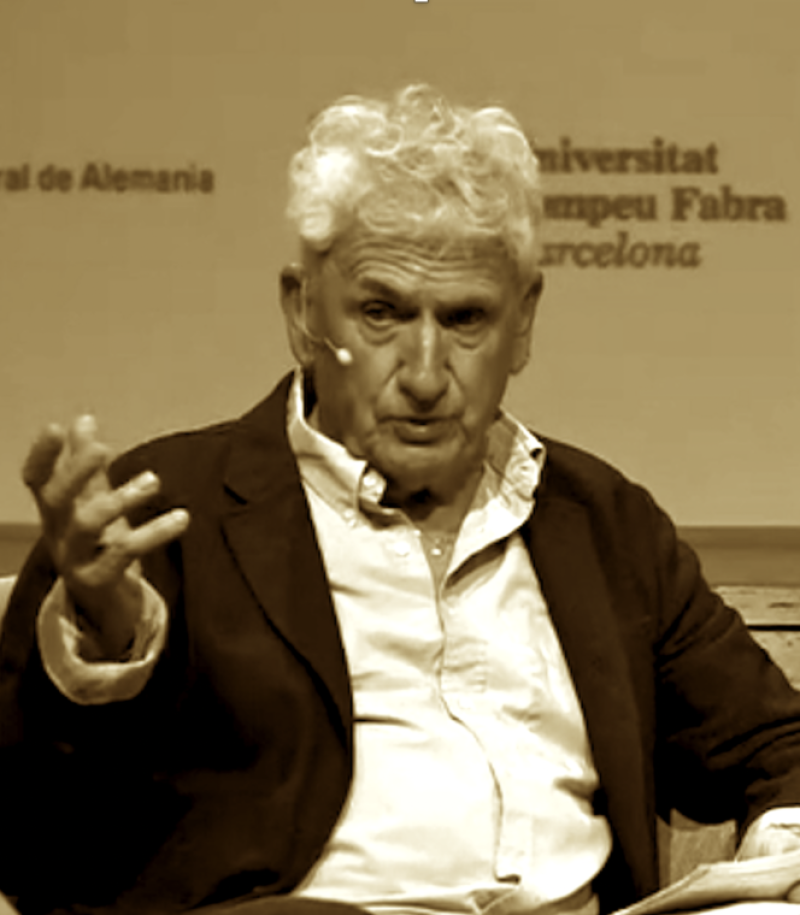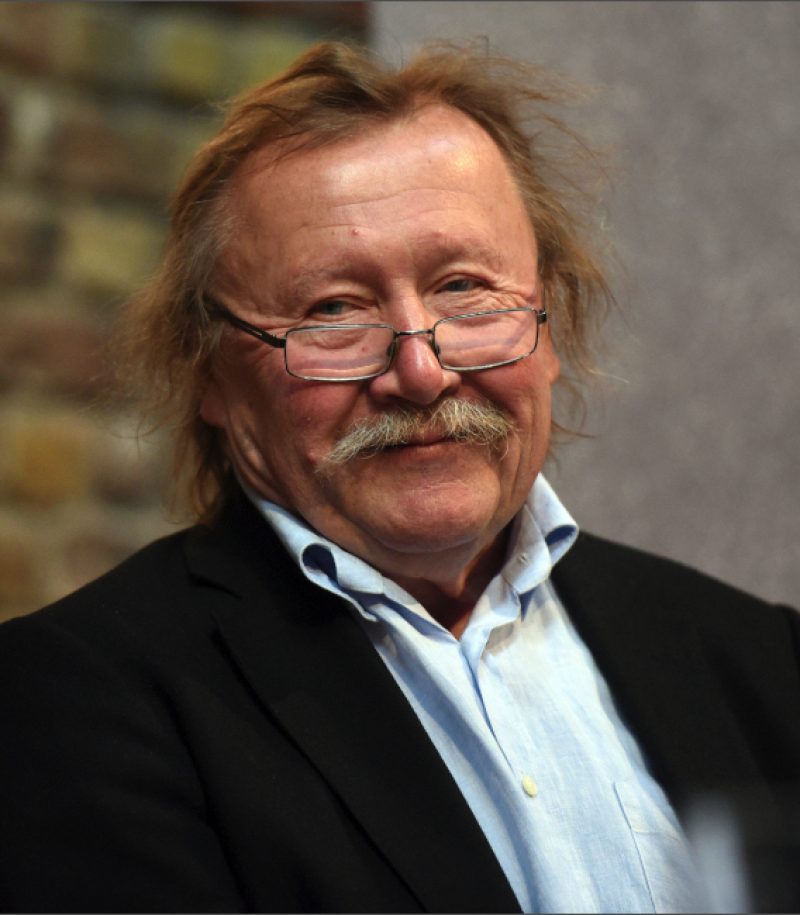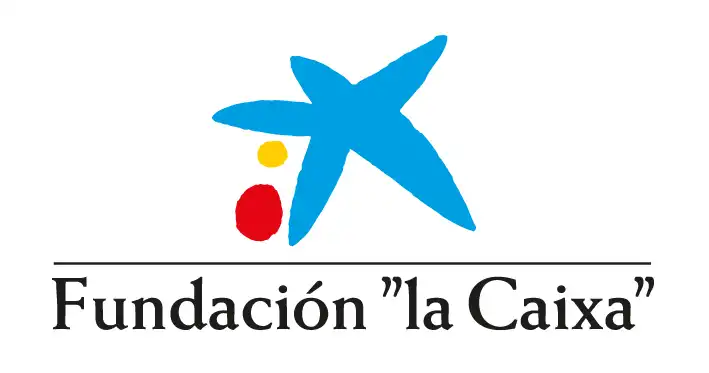El papel de las nuevas tecnologías, pensar la situación del Humanismo, replantearse el concepto de tiempo y el significado de Historia, analizar la situación ecológica propiciada por la superproducción de bienes innecesarios y una fallida globalización en lo económico, son, entre otras muchas, las preguntas que se formulan en este Pensar el siglo XXI.
Pensar el siglo XXI
Participantes
